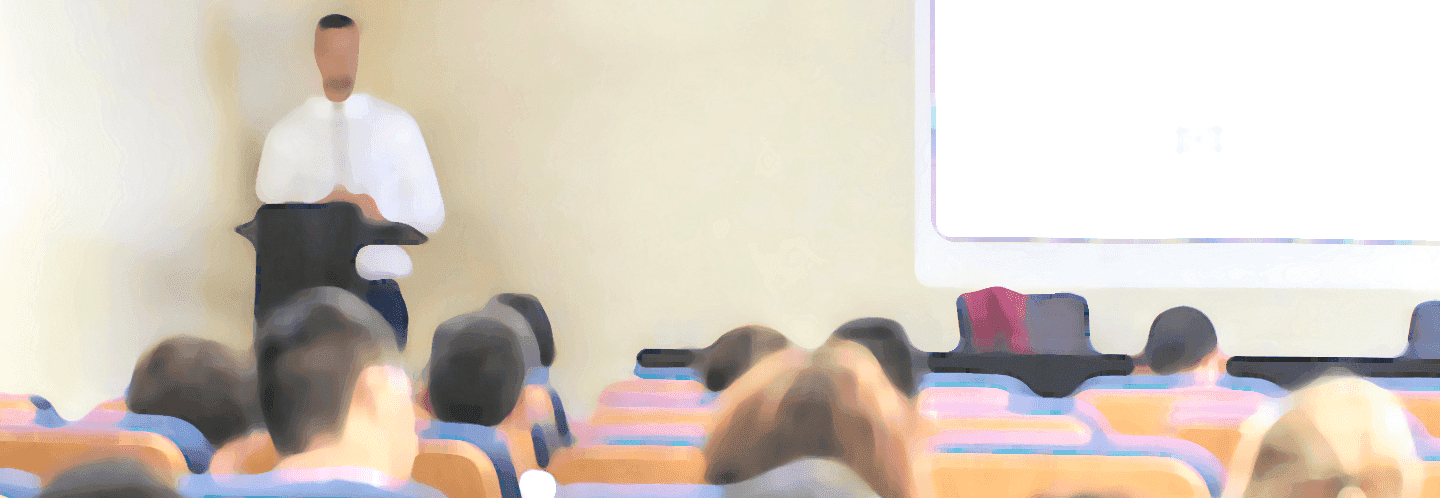
Lecture: 'Research career after a PhD'
This talk will provide a window into the personal and professional careers of computer scientists after they have completed their doctoral theses. During this presentation, we will explore in depth the motivations that drove these researchers to undertake their theses, as well as the fundamental role that research plays in their current roles. In addition, it will discuss how the training acquired during their thesis phase has proven to be valuable in their current job responsibilities.
The talk will also include a reflection on the areas that these professionals would change in their pre-doctoral stage, as well as how their expectations evolved throughout the process. Finally, experiences related to public funding grants will be shared, highlighting both achievements and obstacles, and the speakers' views on this crucial aspect of academic research will be discussed.
About me (Rubén Laso)
I earned my PhD in 2023 from the Universidade de Santiago de Compostela, with a research focus on High-Performance and Parallel Computing. Before that, I completed my Master's in Industrial Mathematics with a specialization in mathematical modelling in 2019 and my Bachelor's in Computer Science in 2017, both at Universidade de Santiago de Compostela. I'm currently working as a postdoctoral researcher at the Research Group for Parallel Computing at TU Wien. My research interests include computer architecture, with a particular emphasis on NUMA and manycore systems, as well as operating systems and the development of parallel algorithms.
About Fernando Estévez
Fernando obtained his Bachelor's Degree in Computer Engineering from the University of Santiago de Compostela (USC) in 2017, receiving distinctions for his academic record and TFG. In 2018, he completed the Master's Degree in Artificial Intelligence Research at the Menéndez Pelayo International University (UIMP). In November 2022, he completed his PhD at the USC, obtaining Cum Laude. In his thesis, he developed new and robust federated and continuous machine learning strategies, applied to scenarios in which multiple devices or data owners collaborate over time to obtain a shared model. In particular, Fernando focused on situations involving heterogeneous and non-stationary data, as well as concept drifts. The proposed algorithms were transferred to applications such as human activity recognition in smartphones and active assistance to robotic wheelchair users. After completing his PhD, Fernando worked for a while as an interim substitute professor at USC, teaching subjects of the Robotics Degree. Since March 2023, Fernando has been working as a postdoctoral researcher at the Personal Robotics Lab at Imperial College London (UK). His current research interests focus on multi-robot and multi-user machine learning to model, adapt and personalise the behaviours of assistive robots and achieve reliable human-robot interaction.
Mixed event
/events/lecture-research-career-after-a-phd
events_en